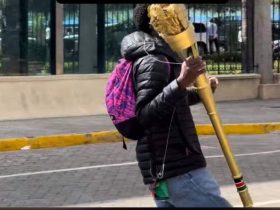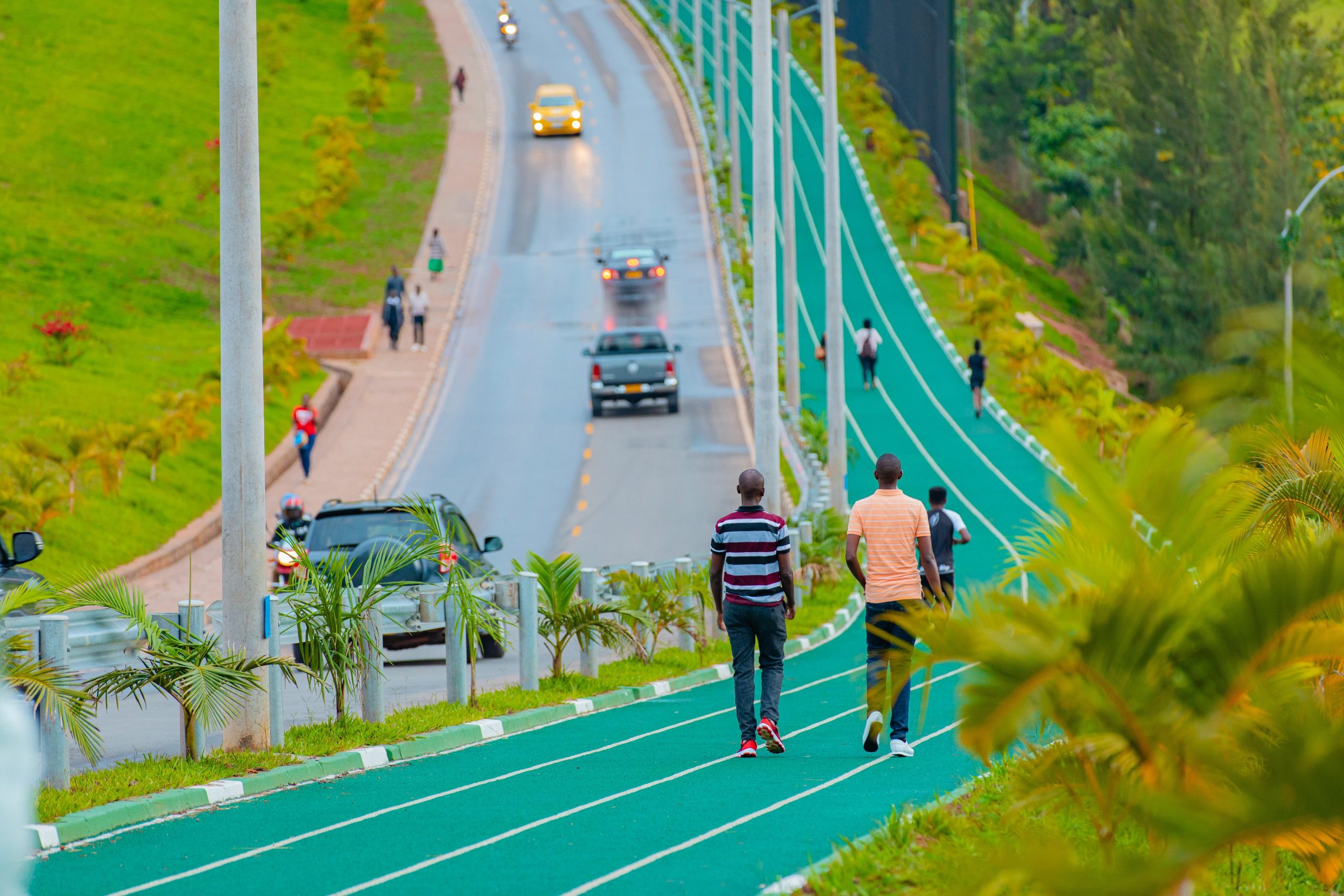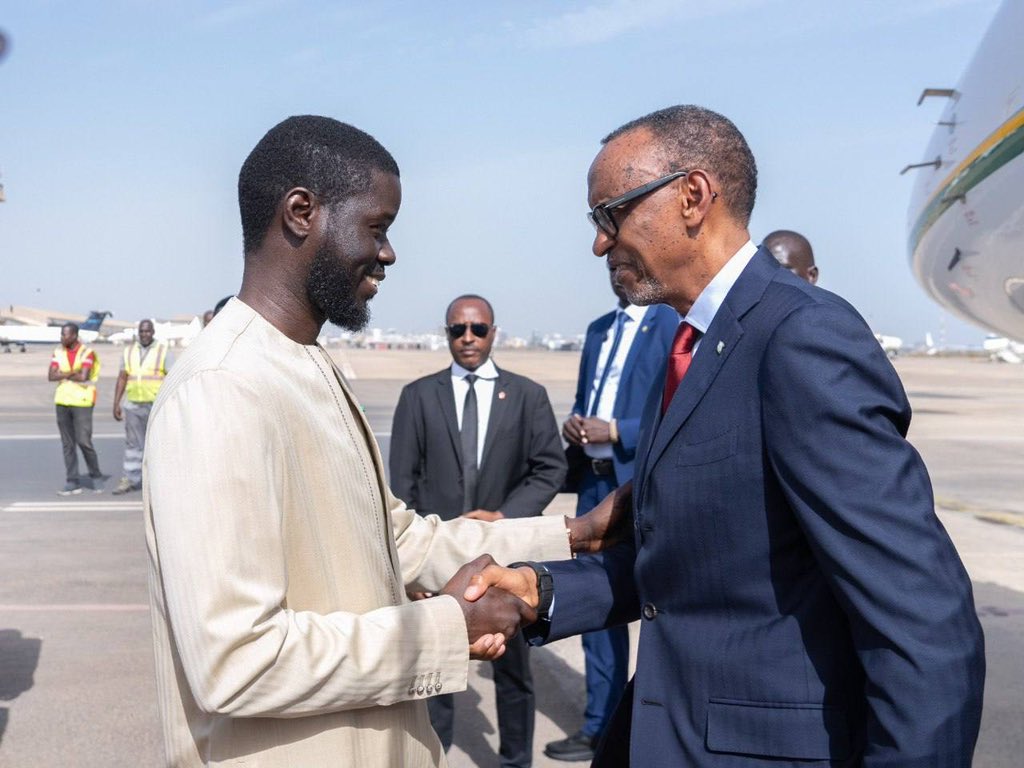
PRESIDENTIAL TERM LIMIT IN AFRICAN CONSTITUTIONS: TOWARDS A BIASED (RE) DEFINITION OF DEMOCRACY? EMPHASIS ON RWANDA
Are constitutions adopted for eternity? Do we, on purpose, and when it suits us, avoid reading clauses of the constitution that provide for whether and how the “fundamental law” may be amended? If the people are sovereign and the sole owners of the constitution, on behalf of whom do we pretend to hold any right to deny them to want to amend the law they made themselves?
Is the problem of constitutions and constitutionalism in Africa about term limit or about democracy, respect of the people’s will through proper consultation, socio-economic development, and, foremost, delivery through effective governance? And why should the choice of changing constitutions or not, limiting terms – to two for that matter, and why not to one while we are at it – be left for elites, or for street protesters, or the international community, or for courts to decide and not for the whole people to be given an opportunity to deliberate upon, if we truly call our political representation systems democracies?
Like I have argued on several occasions, using objective lenses, while we may rightly applaud Germany, Israel, New Zealand et al as established democracies, heads of executives there are running for 4-5 terms. Even in the US, what would be the difference between two successive democrat presidents staying in power for 20 years, five terms, in all? And in fact, as per US government policy, what would be the difference between a republican and a democrat administration as far as fundamental issues are concerned?
So, why do Africans let themselves be told that term limit is being implemented over there – while it is actually not in places like Germany, UK, New Zealand et al – and must therefore be imported and pasted here without using the brains we are endowed with as human beings? And that is while even at legislative level there is huge resistance among top politicians to term limit oversees for instance in the US!
I believe that is the problem with Africans, always missing the point… President Paul Kagame will run for another term comes 2017 if the people of Rwanda decide so and no much would happen because there appear to be striking differences between President Kagame and President Nkurunziza, and Rwanda is not Burundi. All things being equal, one should rather compare today’s Rwanda with Germany, and the abovementioned “established democracies”. The latter is no one’s view but the now well known position of the entire ‘international community’, UN agencies, governments, and all other relevant and competent governance monitoring entities across the globe. What critics of Rwanda’s – and other countries which have engaged in constitutional reforms for presidential term extension – should be concerned with is what is material within established democracies allowing heads of executive to run for an indefinite amount of time. That is to ensure international observers are given leeway to monitor the processes that govern the related processes, as was the case in Rwanda for which none of the interested stakeholders has contested the fairness of the process.
The propriety of it must be left for Rwandans to decide. However, in my humble view, here are the real issues, those who take Africans for brainless and trendy teenagers do not want some Africans to address and are misleading them with an emerging term limit oriented definition of democracy and good governance:
- Good governance and effective socio economic delivery;
- Proper consultation of the people and all political stakeholders prior to any amendment of the Constitution;
- Free and fair electoral processes both within political parties and at national level, including on constitutional amendment referenda;
- More effective and development oriented structuring of political parties and governance debate.
To be clear, African democracies are going nowhere with integral multiparty systems. That is because too many political parties, one per household – some African countries, namely former French colonies, have over 200 political parties – only impedes executive performance because our heads of states fast become hostages of corrupt and money hungry elites whom they spend time entertaining and cannot, as a consequence, focus on delivering.
Having said that, I must reiterate that, in the current state of affairs, Africa requires some kind of mechanism by which running for an indefinite period of time is prevented or tightly checked. However, this must be done on a case by case basis, the same way it applies in established democracies. Doing otherwise would not only be misleading but also divert the attention from the actual issues that African democracies need to focus on at the moment.
Dr. Horace Segnonna Adjolohoun has a Doctorate (LLD) in Public International Law and Human Rights, from the University of Pretoria
He is Principal Legal Officer at the African Court on Human and People’s Rights
He is from Benin.












Leave a Reply